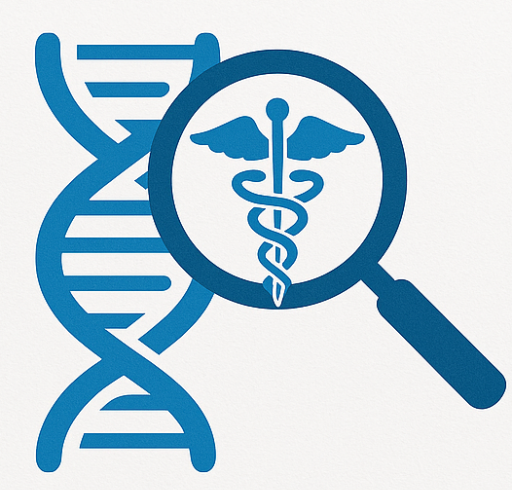RET
🔍 What is RET?
RET encodes a receptor tyrosine kinase involved in cell growth, differentiation, and survival. Oncogenic activation occurs through gene fusions or point mutations, leading to constitutive kinase activity and cancer development.
📊 Prevalence of RET Alterations in Cancer
| Cancer Type | Frequency of RET Alterations |
|---|---|
| Medullary thyroid carcinoma | ~25-50% (germline or somatic mutations) |
| Papillary thyroid carcinoma | ~10-20% (RET gene fusions) |
| Non-small cell lung cancer (NSCLC) | ~1-2% (RET fusions) |
| Other rare tumors | Sporadic |
⚙️ Mechanism of Oncogenic Activation
- RET gene fusions: Create chimeric proteins with constitutive kinase activity that activate downstream signaling pathways without ligand binding.
- Point mutations: Common in medullary thyroid carcinoma, particularly hereditary forms (MEN2A/B syndromes).
- Constitutive activation triggers multiple pathways:
- RAS-RAF-MEK-ERK (MAPK)
- PI3K-AKT-mTOR
- JAK-STAT
Leading to increased proliferation, survival, and metastasis.
